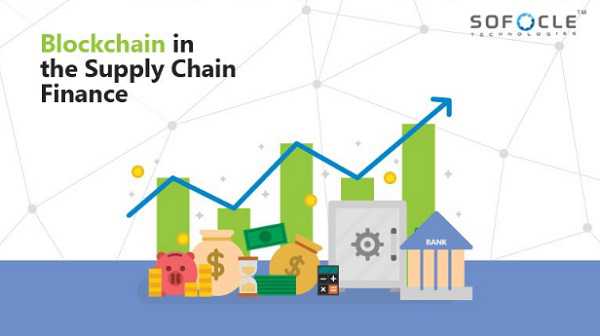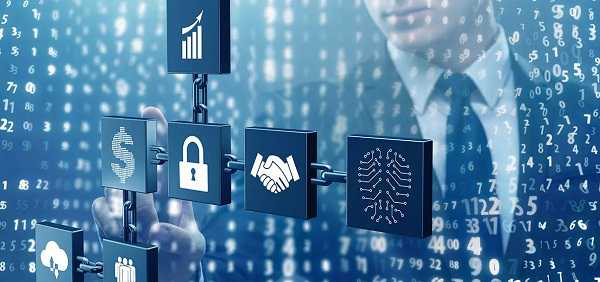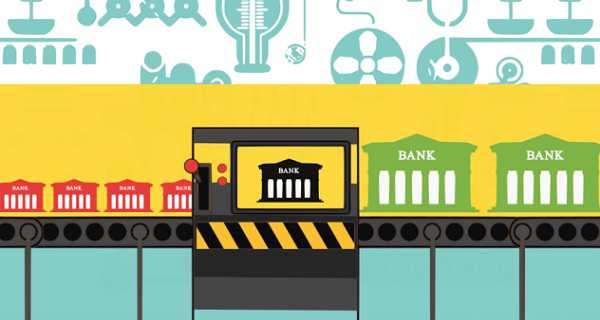There are many ways in which blockchain is able to change the future.
In Capital Markets

In Capital Markets
When it comes to capital markets, interest in blockchain has already been expanding for several years with investment in this sector doubling between 2014 and 2015 and then doing so again between 2015 and 2016. This is largely because most of the advances in this market over the past few decades have been largely in the front-office while the back and middle office have remained more or less as inefficient and cumbersome as they have been since the general best-usage computer practices were standardized sometime in the 90s. This is what leads to the confounding scenario of trading an asset instantaneously and then waiting for days for things to settle officially.
Learn more: What is Blockchain 2.0
Luckily, the Linux Foundation is on the case and working to bring together capital market firms and blockchain companies to develop standards that make blockchain technology even more useful in the capital markets. Rather than completely changing the capital market infrastructure, it is more likely that blockchain technology will end up working within it in such a way that it will remove much of the current inefficiency lingering in the system. It will also allow for those in this field to offer new and improved ways of offering services to clients while regulators will find new ways to optimize settlement and execution while increasing transparency to levels that have never before been dreamed of. Much of this will be due to the way that smart contracts can work to improve efficacy at virtually every level of the process.
In Banking Sector
In Banking Sector
When it comes to looking to the future of a blockchain based banking sector, you really need to look no further than China who is the first country to create its own digital currency that can scale as needed based on the demands of the current load, while all of the details on this currency have yet to be released to the rest of the world, the information that is already available indicates that the People’s Bank has already tested the currency with transactions between the People’s Bank and numerous private banks. It is believed that the new currency will be rolled out along with the renminbi, though an actual timetable is unknown as of the fall of 2017.
See also: Blockchain 1.0
This launch will mark a serious benchmark for cryptocurrencies and will mark the first major step towards blockchain technology going truly mainstream. The rollout of the service will also help to test the technical and logistical challenge that banks everywhere will eventually need to overcome to be successful in the post-blockchain world. It will also be interesting to see how a truly digital fiat currency will affect transaction costs as it will be the first cryptocurrency that is for all intents and purposes the same as a bank note. Finally, it also marks an extremely momentous occasion in that it marks the closest that millions of Chinese citizens have even been to having access to the type of banking services that some portion of the world takes for granted. Providing this access to those who have been denied it around the world is going to have serious worldwide repercussions whose reach is impossible to estimate.
In Digital Transactions

In Digital Transactions
When it comes to digital transactions in general, it is likely that blockchain technology is going to reach a point relatively soon where its core values are tested. The United States Federal Reserve System is currently working on its own form of cryptocurrency that is tentatively being called Fedcoin. It has held several closed-door meetings with a variety of prominent members of the blockchain community, several of which have been headed by the chair of the Federal Reserve herself. Fedcoin will help to solve the problems that the US government has had with cryptocurrency for years, mainly that it is a natural outlet for those who are looking to engage in shady activities on the internet without leaving a paper trail. As such, when it premieres, Fedcoin will be promoted as an official alternative to bitcoin that users can buy into at a one to one ratio with dollars.
By and large, the Fedcoin blockchain will work in just the same way that the standard cryptocurrency blockchain works now, but with a few important differences. First, each Fedcoin account will be tied to information that the government has access to, making anonymity a thing of the past and destroying one of the primary things that made people want to use it in the first place. This will also have the effect of putting a timer on the end of paper money which is also difficult to track in most instances. Additionally, the Federal Reserve will have full control over the Fedcoin blockchain which means that if they do not like a particular transaction they can simply delete it from the blockchain and revert the funds back to their original location. The public reception to the rollout of this currency will determine a lot about the way that blockchain technology will be used for digital transactions in the future.
Learn more: Blockchain application in Finance









